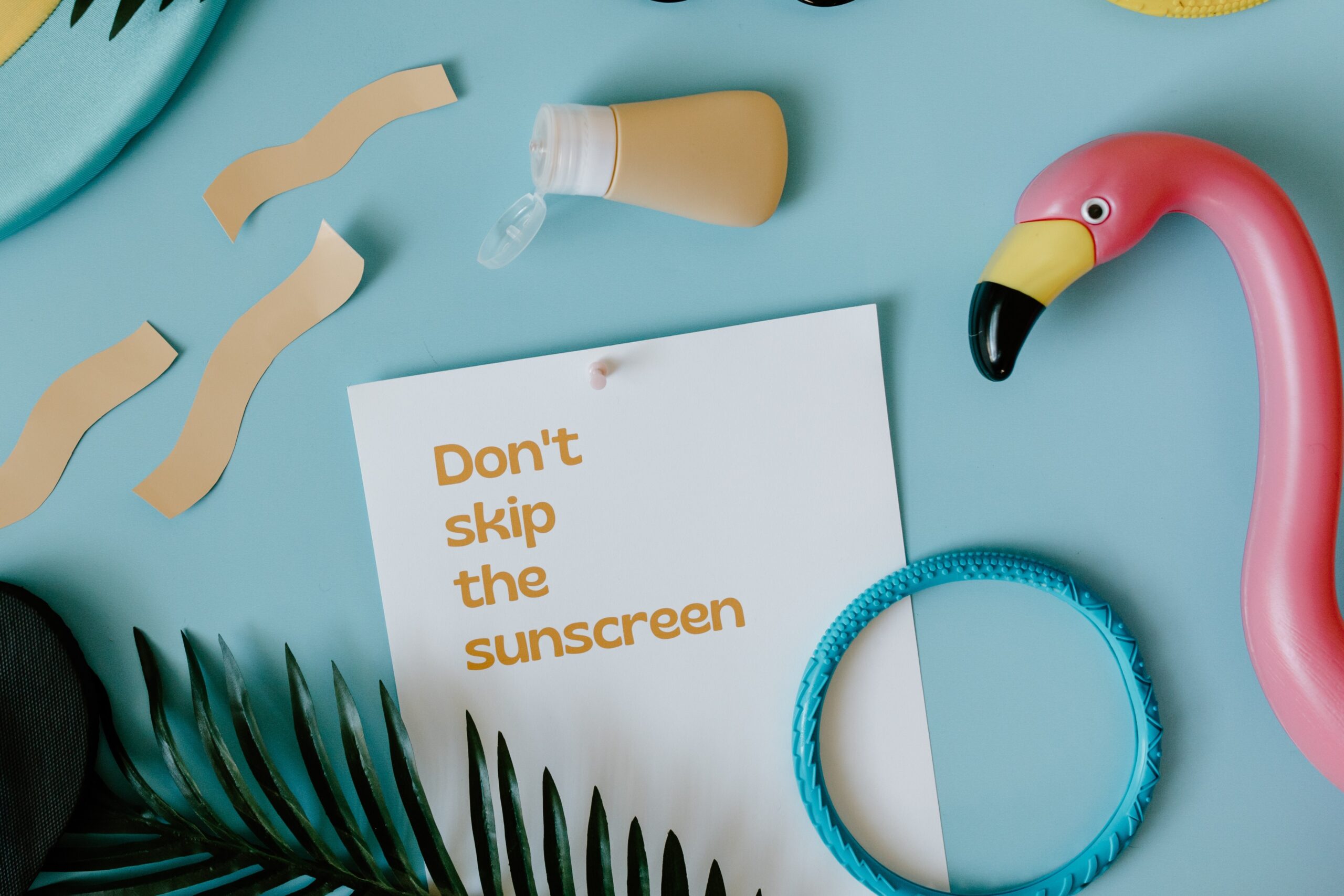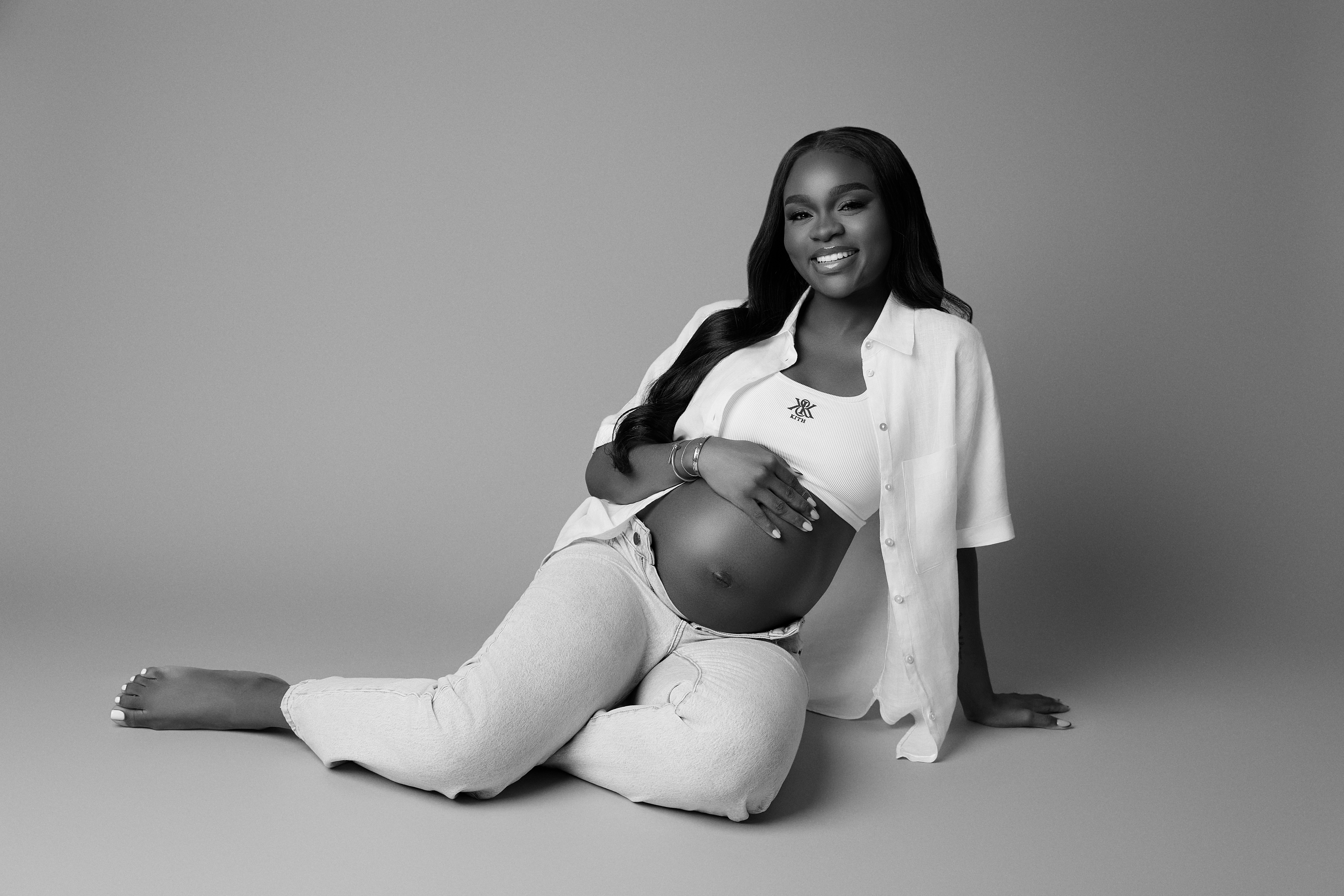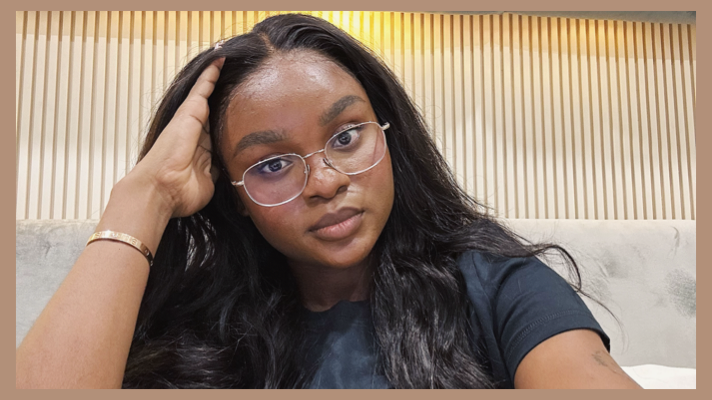
Hey! It’s hot girl summer season, and everyone is trying to get a piece of the fun this summer. I know most of us couldn’t wait for summer, and now it’s here. Thankfully the world is opening up and we get to travel and have some of the fun we missed last year while following strict protocols and guidelines given the uniqueness of the situation at hand of course.
Now, before you rush off on that summer trip you need to make sure you have a few essentials this summer while you’re home or away. First things first, you need to have your skincare routine and products sorted out for this season. True, most products can be used all year round no matter the season. However, it will do you some good to get skincare products that are especially suited for the hot summer weather. By now we all know that sunscreen is an absolute necessity, no matter the weather or season. But, now that it’s summer and the sun is out more and a few degrees hotter, you can’t skip sunscreen for any reason.
Keeping thy hot summer body looking banging is a top priority, and while you’re out enjoying the sun you really don’t want to look a few shades darker than your actual complexion. The sad part is, it only takes a few minutes under the sun for significant damage to be done to your skin, while it can take weeks or even months to reverse this damage.
Just like many other skincare products, when it comes to SPF, there are so many to choose from, all with different compositions. Knowing the right products for your specific skin type and skin needs is crucial to getting the best from your skincare products. The same applies to sunscreen, even though it is basic skincare essential.
Types Of Sunscreen
Like I stated earlier, there are different kinds of SPF with varying compositions. The right SPF product depends on a few factors, but the best place to start is by knowing the difference between physical, chemical, and mineral SPF.
1. Physical Or Mineral Sunscreen SPF
These are sunscreens that are more natural in the formula. These types of sunscreen are usually formulated with minerals zinc oxide and titanium dioxide, common ingredients found in baby products, and the ideal formula for sensitive skin. Physical sunscreen is usually heavier on the skin as it is more moisturizing than other types of sunscreens. Physical sunscreen is also not absorbed so easily by the skin as the formula sits on the skin and deflects harsh rays. This type of sunscreen acts like a barrier or thin film that is over the skin to scatter and deflect UV rays away from the skin. Physical sunscreens can be called mineral sunscreens and it is used interchangeably.
- Drunken Elephant Umbra Sheer Physical Daily Defense: The brand provides a great list of skincare products and sunscreen isn’t left out. It is considered one of the best physics sunscreens.
- Sun Bum Mineral SPF 30 Non-Tinted Sunscreen Face Lotion: A lightweight formula from Australian Gold combines titanium dioxide and zinc oxide to give a string shield against UV rays. It is also relatively affordable, retailing at $19.99.
- Botanical SPF 50 Mineral Lotion: This is one of the top picks for sensitive skin types that won’t irritate your skin. It is lightweight, doesn’t run into the eyes, and is water-resistant.
One of the disadvantages of physical sunscreens is that the minerals Titanium and zinc oxide leave a white cast on the skin which may be a huge turn off on dark skin colours. Also, because of the thick consistency, it may not be suitable for people with oily and acne-prone skin. Additionally, mineral actives alone often offer less protection from damaging UVA radiation than chemical filter
2. Chemical Sunscreen
As the name implies, chemical sunscreens are made from more chemical formulas than physical sunscreens. These types of SPFs contain chemical compounds that produce a chemical reaction that converts UV rays absorbed to heat and is released from the skin. Chemical sunscreens are thinner than physical sunscreens, hence, they are lighter so it’s ideal for everyday use. Only a little amount is needed to give the skin full protection from harmful rays. While here are easier to apply, they also allow other skincare products to be absorbed into the skin easily. Chemical sunscreens do not leave a white cast because the chemical filters do not have a physical presence.
A downside to chemical sunscreens is that some chemical UV filters can cause irritation and allergic reaction in people with sensitiuve skin.
Some examples of chemical sunscreens are
- Hawaiian Tropic Matte Effect Sunscreen Lotion: A lightweight formula that is gentle on the skin and also provides hydration.
- La Roche-Posay Anthelios Melt-in Milk Body & Face Sunscreen Lotion SPF 100: Maximum protection at an affordable price. This sunscreen has a great combination of features like the fact that it is very suitable for dark skin, is water-resistant up to 80 minutes, and is very affordable for an SPF of 100.
- Classic Body Sunscreen Guava Mango SPF 50: This is the best chemical SPF option for sensitive skin types. It is easily absorbed into your skin and is water-resistant. It has a tropical scent when first used, but it goes away after 15 minutes.
Key Differences Between Physical And Chemical Sunscreens
The key difference between physical and chemical sunscreens are;
- Physical sunscreens test on the surface of the skin, while chemical sunscreens are easily absorbed by the skin.
- Chemical sunscreens are lightweight, while physical sunscreens are heavier.
- Physical sunscreen is ideal for sensitive skin, but not all chemical sunscreens can be used on sensitive skin.
- Physical sunscreen deflects UV rays, while chemical sunscreens convert these rays to heat and release this heat from the skin.
What To Look Out For When Shopping For Sunscreens
Now that you know the different types of sunscreens, you should look out for certain things before you make your next purchase. These factors apply to whichever sunscreen of your choice, either physical or chemical.
- The sunscreen should be non-comedogenic. You can look out for this on the labels of any product you want to purchase.
- It should have broad-spectrum protection. That is, it should offer protection against both UVA and UVB rays.
- The product should be paraben-free to prevent breakouts.
- It should be fragrance-free
- Contains SPF of 30 and above
- It should be oil-free if you have oily skin
It’s also necessary to read the labels for more details on the ingredients and sunscreen formula. Ensure you go for products that are better suited for your skin type, either if you have sensitive, oily, or combination skin.
Are Skincare or Cosmetics With Added SPF Better Instead?
Whether you are going out or not, the bottom line is to offer your skin protection with sunscreen, no matter the kind. If you have a physical sunscreen that feels quite heavy or uncomfortable when you apply makeup, then you may want to get makeup products that have SPF so you can skip the physical sunscreen itself. The fact is you won’t always have makeup on all the time, and while it’s good to also buy cosmetic products with SPF, you still need an actual tube of sunscreen
I can’t exactly tell you that cosmetics with SPF are better than skincare products with SPF because they both have their roles and are applied at different hours of the day. So, you should have both skincare products and cosmetic products with SPF for added protection at all hours of the day.
How Often Should You Apply Sunscreen?
A popular misconception was that sunscreen should only be applied during the day because it’s called “sunscreen” since the sun only comes out during the day. It was also thought that SPF should be applied when going out only, lol. Well, all that has changed and now we know that we need to apply sunscreen whether we’re out or indoors.
Basically, this means you have to apply sunscreen regularly and every day- if possible. If you are abusing physical sunscreen, you may need a few reapplications during the day because it can be rubbed off or lost due to sweating, since the product sits in the skin and isn’t readily absorbed. You most certainly should apply sunscreen every time you step out. So, you’ll need to apply your sunscreen every day.
Best SPF For Deeper Skin Tones
One of the major issues with a sunscreen used to be the white cast it always left behind, especially physical sunscreens. Now, brands have refined the formula and there are tinted sunscreen products for darker skin tones. Here are some of the best SPFs for darker skin;
- Paula’s Choice Youth-Extending Daily Hydrating Fluid
- Fenty Skin Hydra Vizor Invisible Moisturizer Broad Spectrum SPF 30 Sunscreen
- Neutrogena Hydro Boost Water Gel Lotion
- AbsoluteJOI Daily Hydrating Moisturizing Cream with Mineral Sunscreen Broad Spectrum SPF 40
While you are enjoying your summer, you should remember to nourish your skin by using the right products and making the best lifestyle choices. You can adapt skincare fountains that work just for you during summer, given you might want to avoid the many layers of products. Whatever you do, don’t skip sunscreen, and remember to enjoy summer.

 Previous Post
Previous Post


